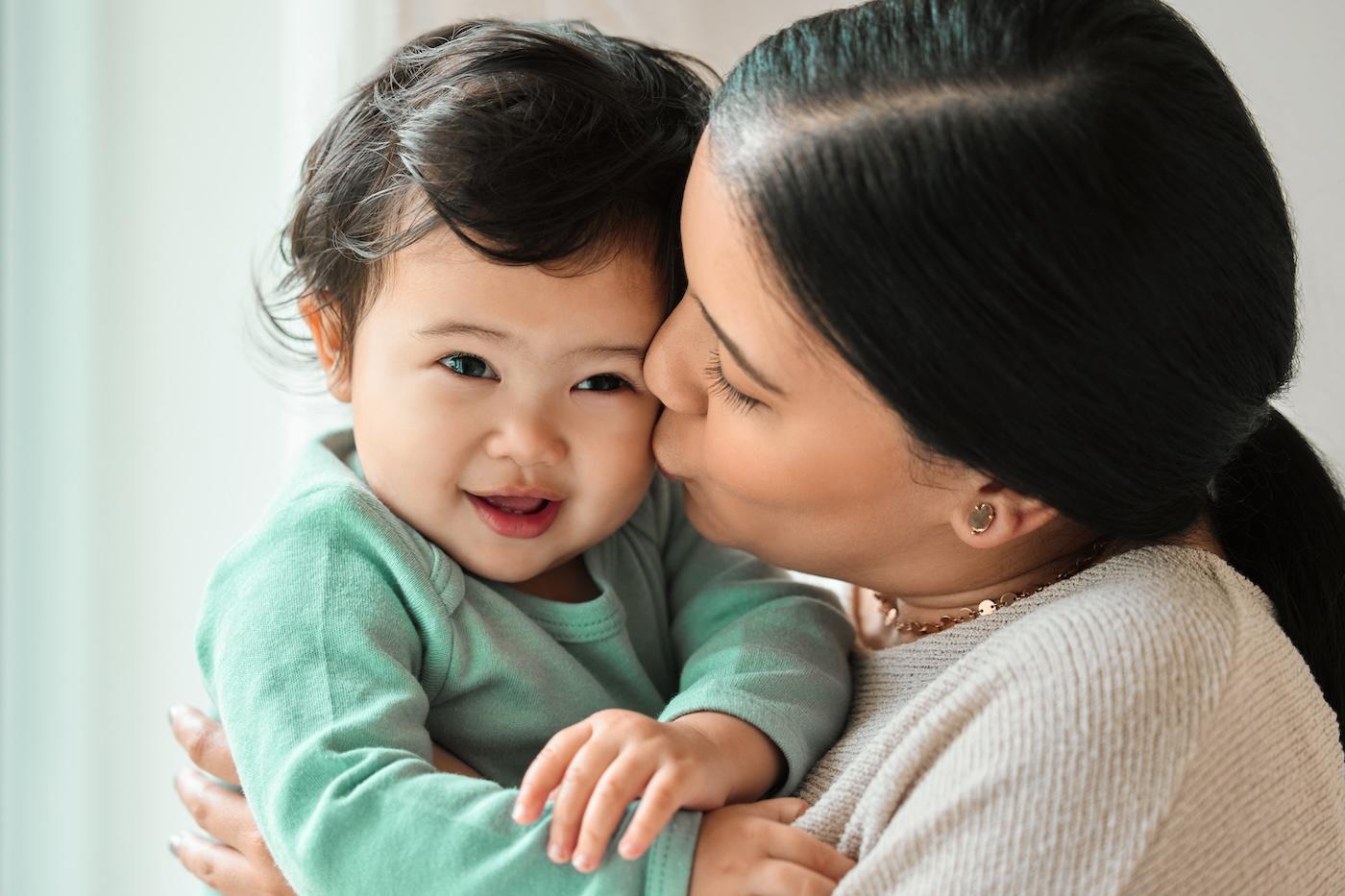PARENTS
Postpartum Depression: The Top Triggers
Advice for new moms to fight PPD.

Written by
Dr. Harvey Karp

I waited to become a mother until I was 37, and I felt totally ready and excited. That’s why I was so disappointed in myself when, a few weeks after my beautiful baby was born, I felt more fear and agitation than excitement. I felt inadequate, like an imposter.” - Loretta, on postpartum depression
Studies show 15-40% of all new moms develop postpartum depression. That makes PPD a national epidemic!
Some aspects of the condition may surprise you:
- There’s no conclusion that PPD is caused by hormonal shifts.
- PPD can start right after birth or come on months later.
- The main feelings are often anxiety, fear and intrusive thoughts.
- 50% of men whose partners get PPD experience depression, too.
Most moms get just a mild case of the “baby blues,” but others become deeply depressed (and a few even develop psychosis). Being exhausted and hearing your baby’s screams may trigger a flood of painful memories (like being yelled at in anger or ridiculed). And it’s not uncommon for old feelings of shame and rage to burst back to the surface during this time. If you are feeling overwhelmed and think you might be depressed, don’t hesitate call your doctor.
The best ways to keep PPD at bay? Address the 3 biggest triggers:
- Persistent crying
- Exhaustion
- Unsupportive partners
A cool thing? The 5 S’s work on all 3 triggers directly: They calm a baby’s cries, help parents get more sleep and can be just the thing to engage an unsupportive spouse.Never forget that you need help—and deserve it! Ask a neighbor or friend to pick up dry-cleaning or walk the dog so you have less on your plate. Use technology…like Happiest Baby’s SNOO Smart Sleeper to give your whole family more rest. Hire a nanny, doula or night nurse for support around the house. Bottom line: Do what feels right to you, but don’t brave it alone. You need it—and deserve it!
Disclaimer: The information on our site is NOT medical advice for any specific person or condition. It is only meant as general information. If you have any medical questions and concerns about your child or yourself, please contact your health provider. Breastmilk is the best source of nutrition for babies. It is important that, in preparation for and during breastfeeding, mothers eat a healthy, balanced diet. Combined breast- and bottle-feeding in the first weeks of life may reduce the supply of a mother's breastmilk and reversing the decision not to breastfeed is difficult. If you do decide to use infant formula, you should follow instructions carefully.
SHARE THIS ARTICLE
PARENT PICKS
Bestsellers



















